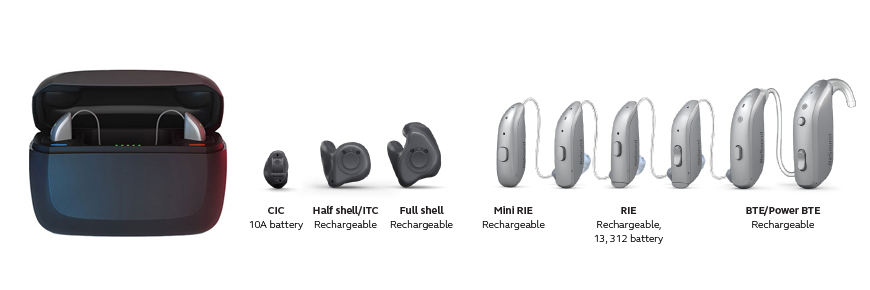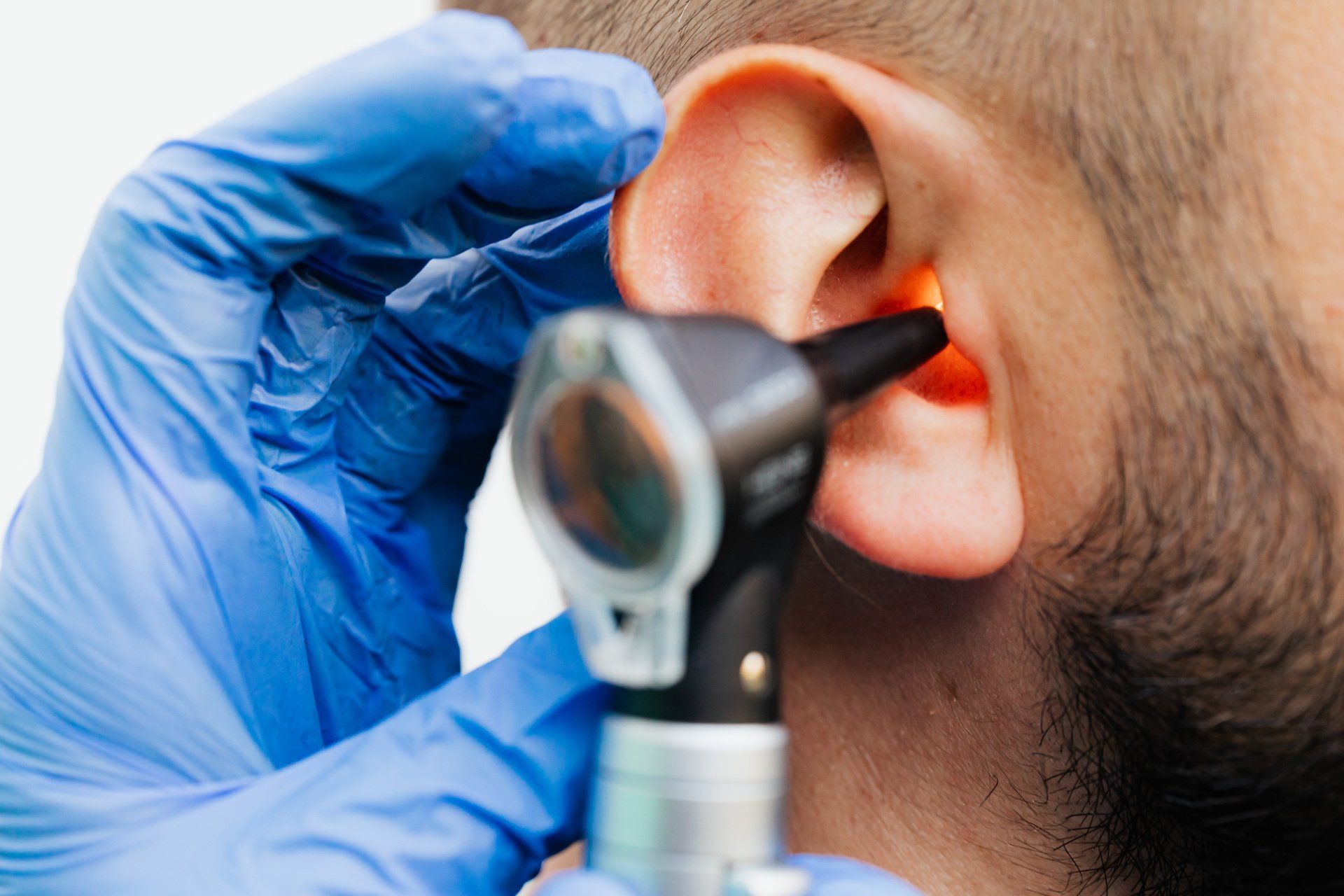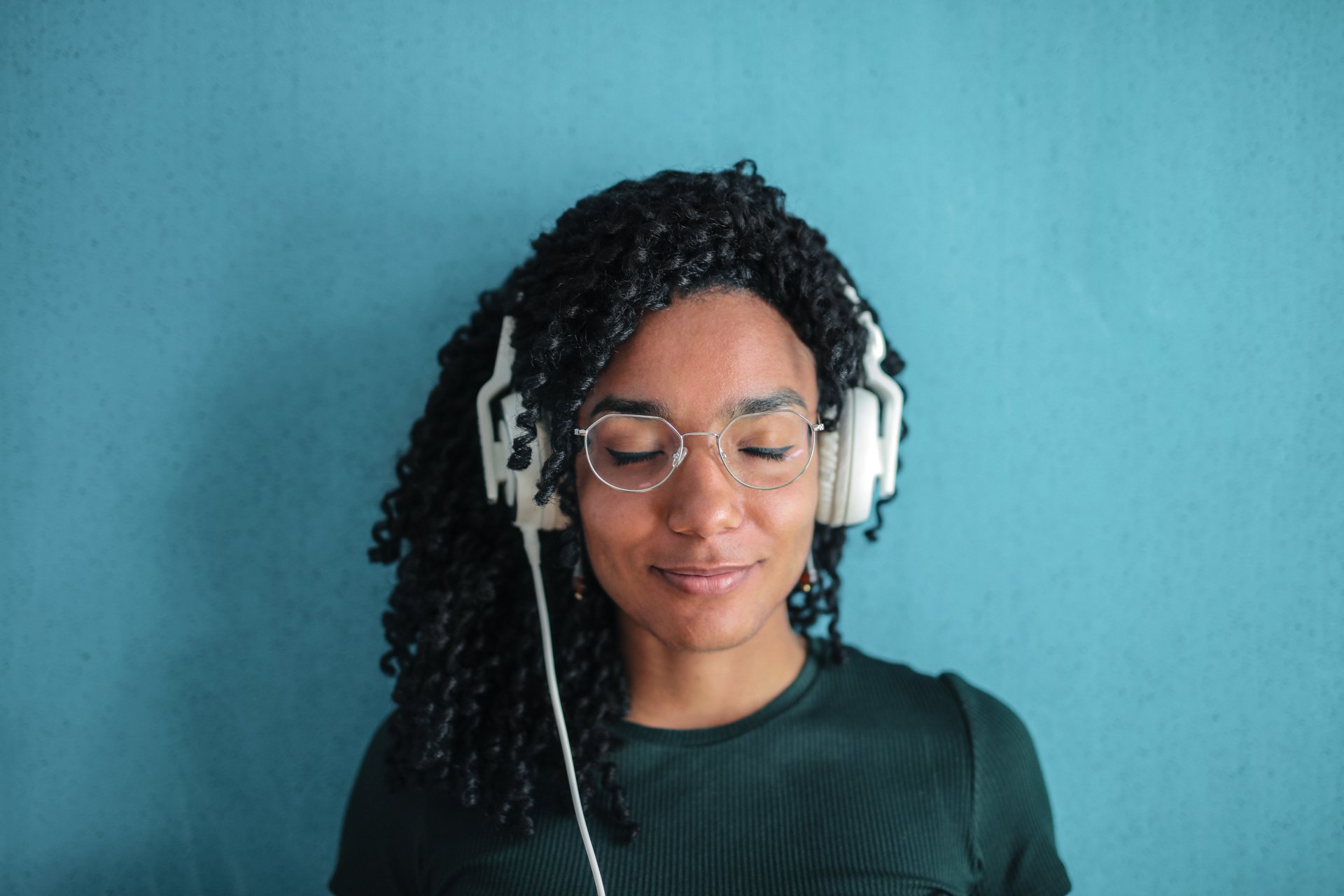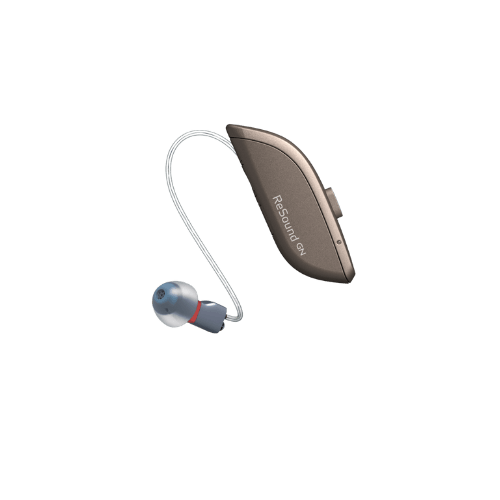How well will a hearing aid help you hear?
We are answering the question of whether or not hearing aids are really worth it. Are they beneficial and necessary? Or is having a hearing aid just a luxury?
In this post, we are answering the question of whether or not hearing aids are really worth it. Are they beneficial and necessary? Or is having a hearing aid just a luxury?
Do you have trouble hearing? Hearing loss is a common problem, with almost half of all adults over the age of 65 experiencing some level of hearing impairment. If you're one of them, it's time to get tested for hearing loss and talk with your doctor about getting fitted for a pair of hearing aids. While there are many things to consider when choosing hearing aids—and the right ones will differ depending on your needs—they can make a world of difference in your quality of life.
Becoming more isolated?
If you're having trouble hearing other people speak or even the television, it's not just your hearing that's the problem; it could be a combination of factors.
There are many different causes for hearing loss, including age-related changes in the ear canal (external auditory canal). Aged ears lose elasticity and become less flexible. This can affect how well sound travels to the inner ear and if proper messages from your brain get through them to be translated into speech.
In addition to this condition, there may be several other factors that contribute to mild or moderate hearing loss, most frequently from natural aging or exposure to loud noise. The most common causes of hearing loss are:
- Aging
- Noise exposure
- Head trauma
- Virus or disease
- Genetics
- Ototoxicity
Wearing hearing aids may help preserve your brain health.
A recent study done by Johns Hopkins University found that those with hearing loss are more likely to develop dementia. The study also found that the severity of hearing loss is directly linked to an increased risk of developing dementia, adding further credence to the belief that wearing hearing aids may help preserve brain health.
According to Dr. Michael Chee, a professor of cognitive neurology at the Mayo Clinic in Rochester, Minnesota: “You don't want your brain cells dying off before they have a chance to die off naturally." Hearing loss can lead to depression and other mental health issues when left untreated or unaddressed by doctors.
When it comes to hearing aids, there are important factors to consider, but most people find them beneficial.
If you are considering hearing aids, there are a few things to consider. How much do they cost? How often will I need to get them replaced? Will my insurance cover the cost?
The answers to these questions depend on your needs and the type of hearing loss you have. In many cases, however, hearing aids are beneficial for most people who use them. The benefits include:
- You'll hear better. Hearing aids can help you hear more clearly in situations that cause difficulty without them (e.g., when there is background noise).
- You'll communicate better with others—not just because they can understand what you say but also because your speech will sound better too!
- Your quality of life will improve with less stress from not being able to communicate effectively and more enjoyment from being able to enjoy music, movies, and other auditory experiences.
You'll be able to hear sounds you never heard before.
You will be able to hear sounds you never heard before. Hearing aids can help you understand conversations in noisy environments and hear the TV or music better than you ever have before. They can also make voices sound clearer, crisper, and less garbled so that it’s easier for you to make out what is being said. These changes may be so dramatic that even your family and friends will notice an improvement!
The right hearing aids can make a world of difference.
As we mentioned earlier, hearing aids are not a cure for hearing loss. They can magnify sound and help you hear better, but they're only effective if you have the right type of hearing aid.
If you don't know what kind of hearing loss you have or what the most appropriate treatment might be, it's worth consulting with a Hearing Health Care Provider who specializes in fitting people with these devices. Hearing aid technology is constantly evolving to make them smaller, more comfortable, and more powerful than ever before—but they aren't always as effective as they could be without proper care and maintenance.
Hearing aids pave the way for better communication.
It's important to understand how hearing aids can improve your quality of life. Hearing aids are devices that can help you hear better, but they also allow you to actively participate in the world around you by improving your ability to communicate with other people. By reducing social isolation and providing more confidence socially, hearing aids pave the way for better communication.
Takeaway.
You may be finding it difficult to hear, but you don't have to suffer in silence. With the right hearing aids, you can enjoy listening to music, watching TV shows and movies, or even socializing with friends without any issues. So you might want to consider giving them a try!











